'Anti-Syria motion bargaining chip to thwart peace talks'
The United Nations Security Council (UNSC) has failed to adopt a resolution against the Syrian government over its alleged use of chemical weapons. The measure, drafted by Britain, France and the US, got the minimum nine "yes" votes, but was vetoed by Russia and China. The development coincided with the latest round of UN-mediated intra-Syrian negotiations in Geneva in an attempt to find a solution to the foreign-sponsored crisis gripping the Arab country since 2011. Press TV has asked J. Michael Springmann, former US diplomat, as well as Michael Lane, founder of American Institute for Foreign Policy, to share their views on this issue.
Michael Springmann believes the anti-Syria UNSC resolution was a “bargaining chip” to thwart the ongoing Geneva peace talks and to destroy the Arab country’s government, people, economy and cultural heritage.
He also noted that the United States and its “client states” in Europe intend to enforce their will around the world at any cost.
The American people have to realize that unless the United States stops interfering with other countries’ internal affairs, “the world would not be a safe and secure place anymore,” he stated.
Washington is “definitely afraid of a real substantive set of talks that produce concrete results,” Springmann said, adding that the ultimate goal of US policy is to sponsor and drag on the peace talks inconclusively until the other side gives in.
“It is essentially unreal diplomacy. It is fake diplomacy. It is an effort to talk for the sake of talking,” he added.
Elsewhere in his remarks, the former US diplomat pointed out that Turkey is seeking to regain land in northern Syria, which was once part of the Ottoman Empire, and deal a blow to Kurds who have proven "effective" in the fight against Daesh.
The certain way to resolve the Syrian conflict, he suggested, is to withdraw all support from terrorist groups, provide a "Marshall Plan" to rebuild the country’s economy and train people in order to turn Syria into a realistic country instead of the failed state that it has become.
Springmann further asserted that US President Donald Trump has surrounded himself with people who have no “concept, experience or knowledge” of international affairs, advising the president to stay away from things he does not understand.
He also described the idea of establishing safe zones as “extremely dangerous,” arguing that appealing to the Persian Gulf Arab states to fund these areas is “entirely wrong” because they are the ones who are deeply involved in sponsoring terrorism and the current destruction of Syria.
“We do not want them back into the game again. We want them out. We want all of the foreign players out. We want Syria resolved on behalf of Syria not on behalf of [Persian] Gulf states or the US or Saudi Arabia or Israel,” he said in conclusion.
Meanwhile, Michael Lane, the other panelist attending the debate, said the draft UNSC resolution was indeed pushed forward to “draw the line” at the Syria peace talks.
“The reason the West wanted this is because we still have not yet renounced the policy that President Assad needs to step down and we need regime change in Syria. That is going to be a bargaining chip. And so passing this resolution would have relatively weakened Assad’s negotiating power at the Geneva talks and [increase] pressure to add transition to the agenda,” he explained.
Although the resolution was not passed, he added, the United States, France and Britain have laid down the marker that they are still standing by that particular objective of regime change in Syria.
Lane further predicted that there may not be any success to the peace talks in the immediate future, given the various negotiations that the UN has unsuccessfully coordinated up until now.
He also highlighted the fact that the UN has a “very limited agenda” at this point, arguing that there might be a stalemate for some extended period of time.
Turkey’s objective, Lane said, has always been to push the Kurds further and further back.
He also noted that Ankara wants to create a safe zone for non-combatants and refugees to serve as a buffer zone between where the fighting is going on and the Turkish border.
US will pull out military personnel from Niger: Report
US sanctions on Venezuelan oil ‘violation of human rights’: Iran
VIDEO | Hundreds of students take to streets in Milan in support of Palestine
UN warns hundreds of thousands of Sudanese under ‘immediate danger’
Iraqi resistance strikes ‘vital’ target in Eilat after Israel attacks PMU base
North Korea conducts cruise missile warhead test: State media
Israeli airstrike kills at least 7 people in Rafah
VIDEO | Iranians hold nationwide demos in support of IRGC


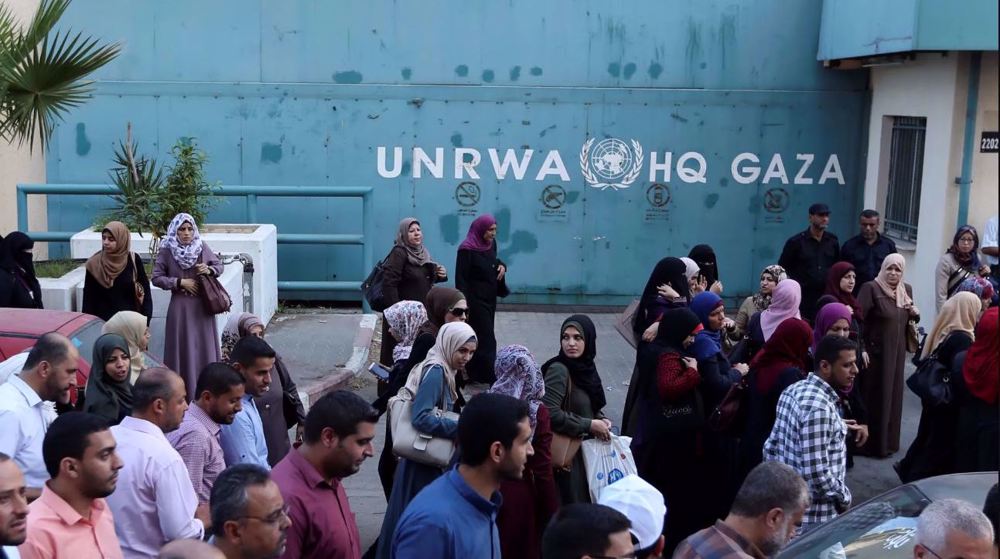
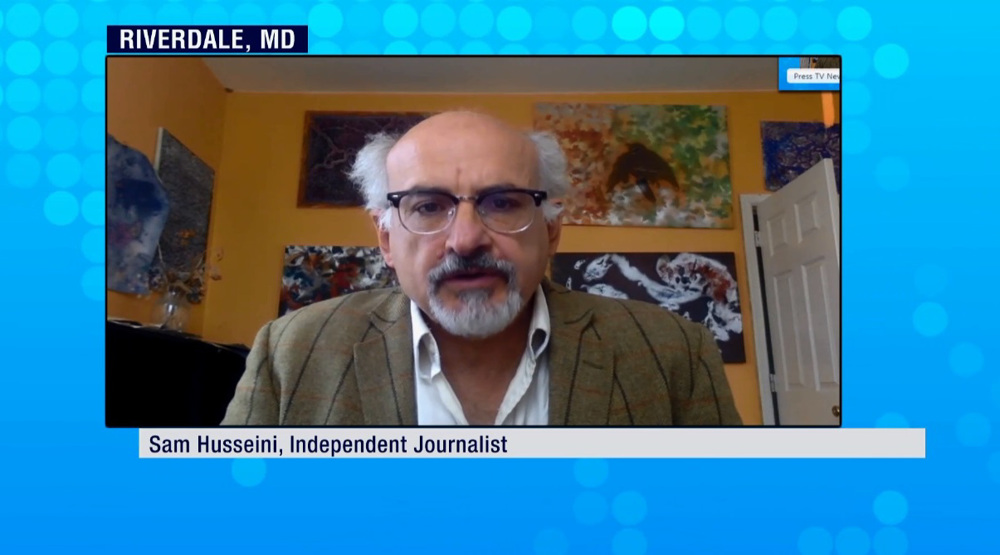
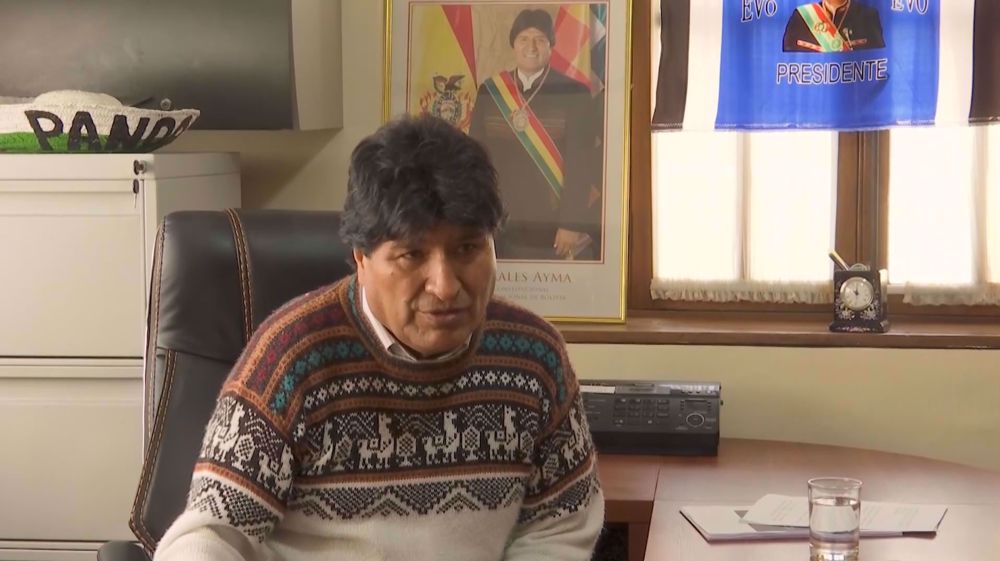




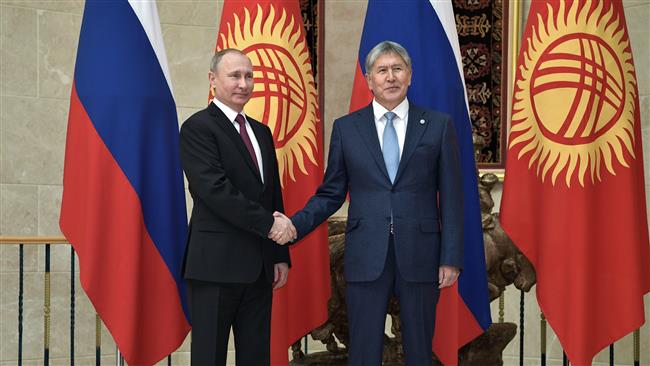
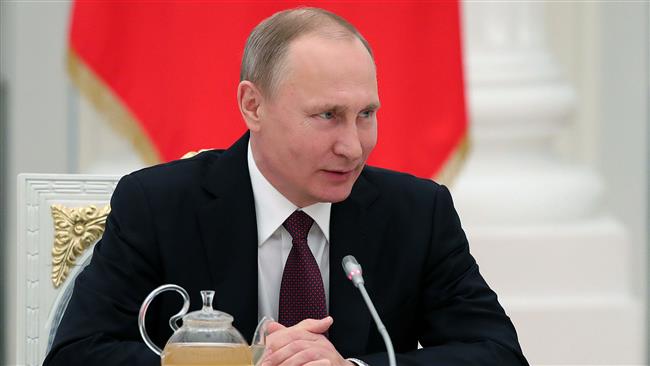
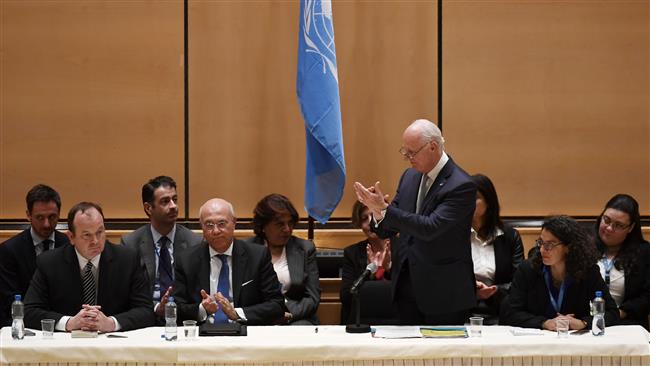
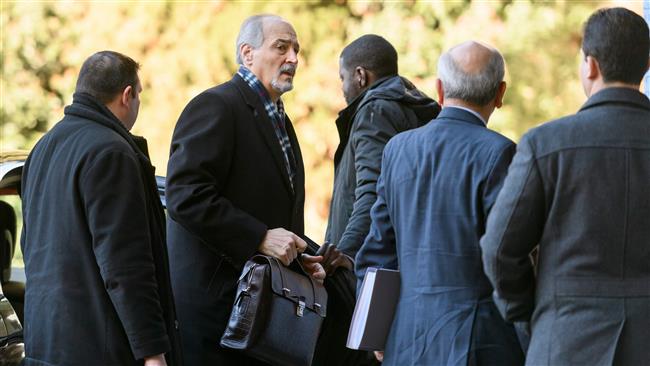

 This makes it easy to access the Press TV website
This makes it easy to access the Press TV website